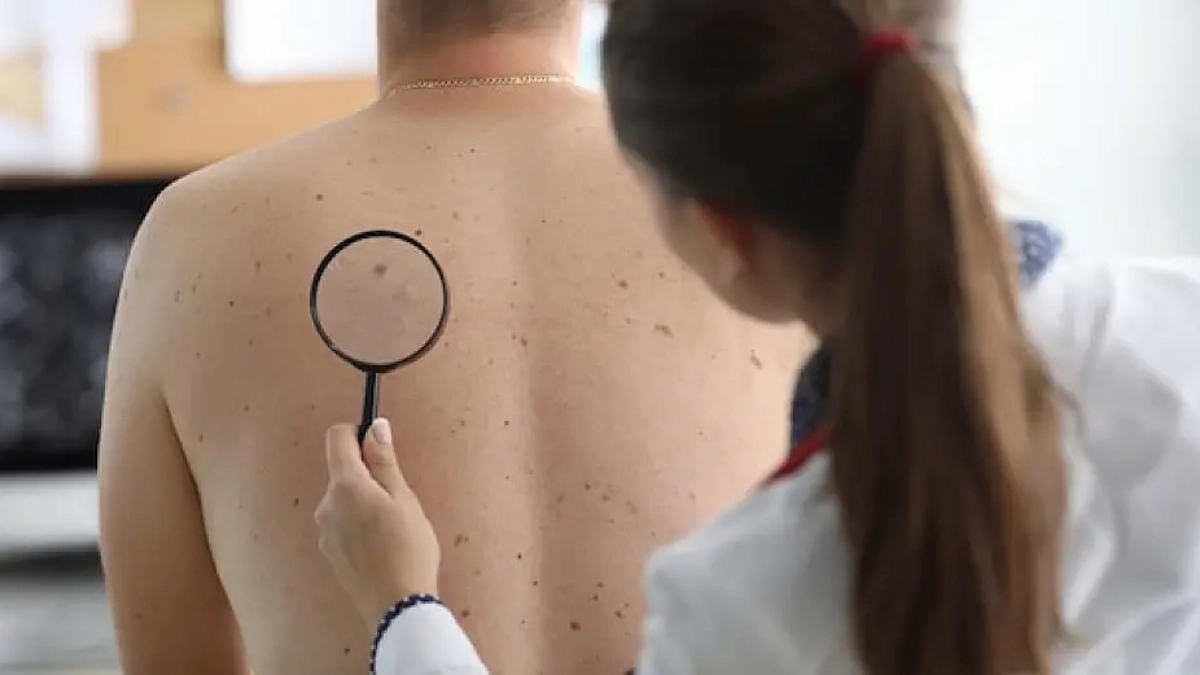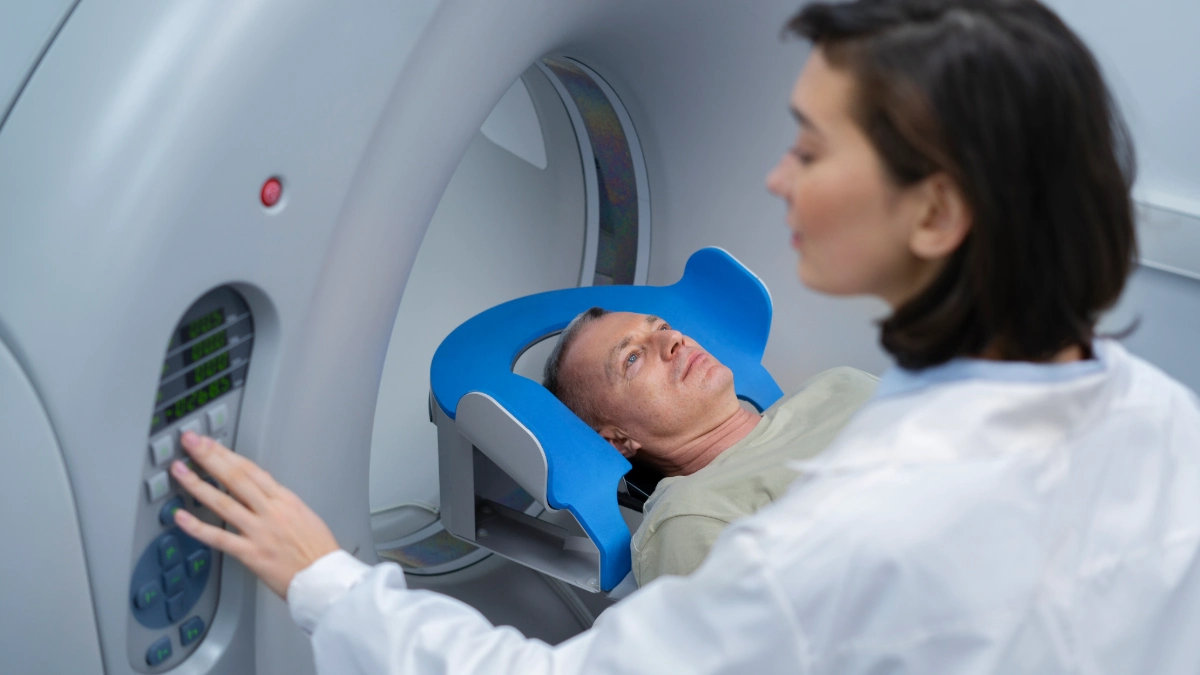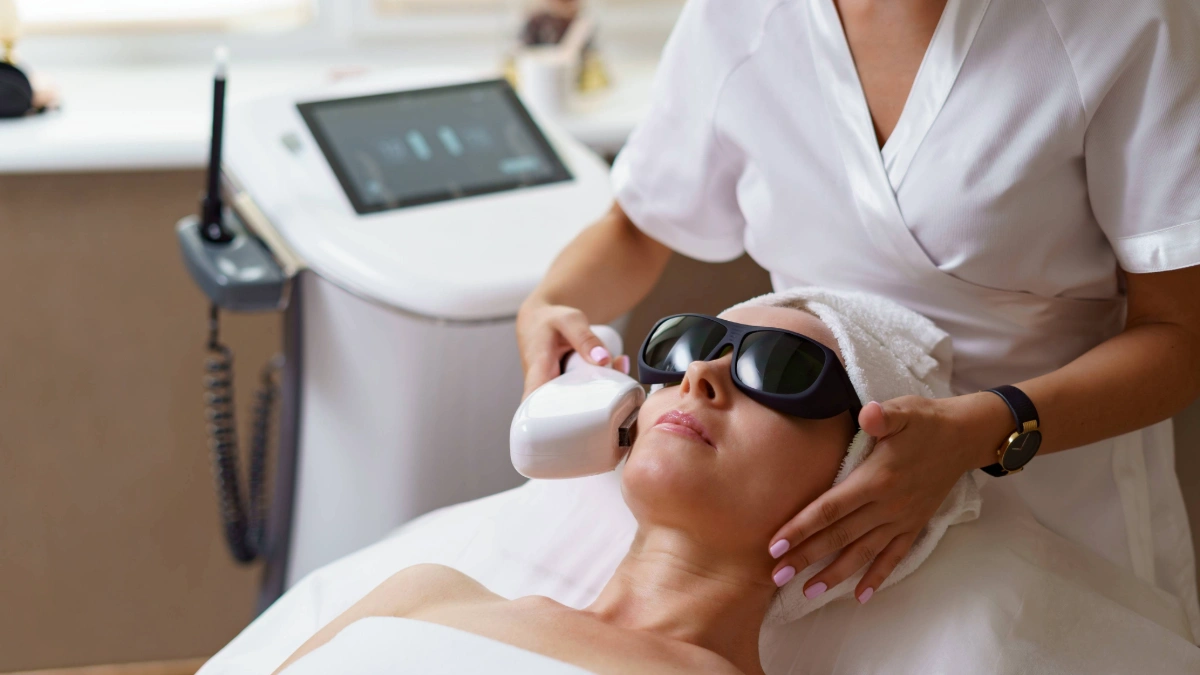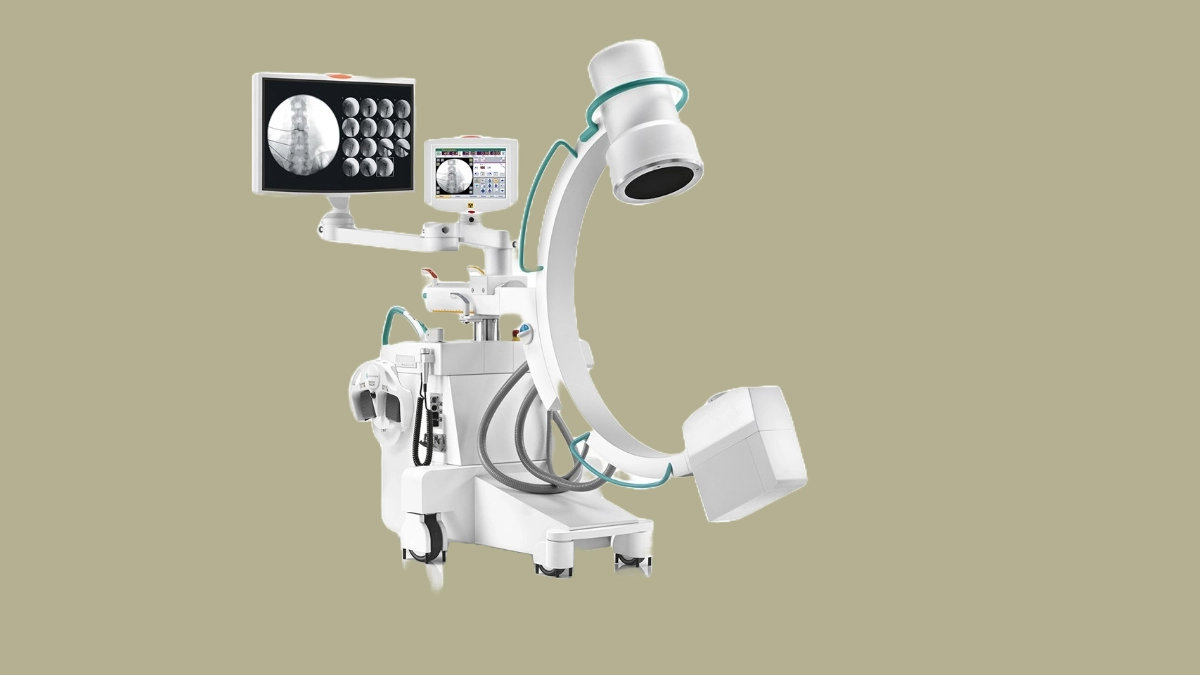Melanoma treatment in Turkey offers advanced medical care, encompassing a variety of approaches designed to target this serious form of skin cancer. Since melanoma is an aggressive cancer type that can affect any part of the skin, it demands meticulous attention. Furthermore, a range of therapeutic strategies is necessary to increase the chances of successful management and recovery.
What is Melanoma Skin Cancer?
Melanocytes, the cells responsible for producing melanin—the pigment that determines skin colour—cause melanoma, a severe form of skin cancer. As a result, this malignancy can penetrate deeper into the skin layers and potentially spread to various parts of the body, thereby posing significant health risks if not treated promptly. Consequently, in Turkey, melanoma treatment options are comprehensive and specifically designed to address these risks effectively.
Main Causes of Melanoma Skin Cancer
The predominant cause of melanoma is ultraviolet (UV) radiation exposure, which can originate from direct sunlight or artificial sources like tanning beds. UV radiation damages the DNA in skin cells, leading to mutations that can result in skin cancer, including melanoma. Frequent and prolonged exposure to these harmful rays significantly increases the likelihood of developing melanoma. Therefore, understanding the causes is important for effective melanoma treatment in Turkey.
Melanoma Symptoms and Signs
Typical warning signs of melanoma include changes in existing moles or the emergence of new, unusual moles. Specifically, these might manifest as irregular shapes, uneven colouring, changes in size, or textures becoming itchy or bleeding. Therefore, it’s crucial to perform regular skin checks and consult medical professionals if any abnormalities are observed, as early detection is key to effective melanoma treatment in Turkey.
Stages of Melanoma
Melanoma is categorized into stages based on tumour thickness, whether it has spread to lymph nodes or other body parts, and additional prognostic factors. These stages are crucial for determining the appropriate melanoma treatment in Turkey.
Stage 0 (Melanoma in Situ): At this initial stage, cancerous cells are confined to the epidermis, the outermost skin layer.
Stage I: The tumour is up to 2 mm thick and may or may not be ulcerated, but has not spread beyond the original site.
II: These tumours are thicker and divided into various subcategories based on thickness and ulceration. The cancer has not yet spread to lymph nodes.
Stage III: Cancer has spread to one or more nearby lymph nodes or nearby skin areas (satellite tumours), but it has not travelled to distant parts of the body.
Stage IV: Indicates advanced melanoma, where cancer has spread to distant lymph nodes, internal organs, or distant skin areas. Treatment focuses on controlling symptoms and managing the disease’s spread. Understanding these stages helps in planning the best melanoma treatment in Turkey.
Early detection and staging are crucial as they guide the treatment strategy and help predict outcomes. Regular exams and consultations with healthcare professionals are vital for those at risk.
Diagnostic Procedures for Melanoma
In Turkey, diagnosing melanoma typically involves an excision biopsy, wherein a suspicious mole and a small margin of surrounding skin are removed for laboratory analysis. Dermatologists use advanced techniques and tools, such as dermatoscopes, to closely examine the skin’s surface and identify signs of melanoma. These diagnostic procedures are foundational for planning melanoma treatment in Turkey.
Treatment Modalities Available in Turkey
1. Surgical Interventions
Surgery remains a primary treatment method for melanoma, especially when detected early. The process usually involves removing the melanoma lesion and some normal tissue surrounding it to reduce recurrence chances. For melanomas that have metastasized to lymph nodes or other body parts, more extensive surgical procedures may be required, which might include lymph node dissection. Such surgical interventions are a critical part of melanoma treatment available in Turkey.
2. Radiotherapy
Radiotherapy can serve as an adjunct treatment to control large melanomas or alleviate symptoms. It might also be deployed when surgery is not a viable option, offering a degree of control over cancer propagation. Hence, radiotherapy serves as another component of comprehensive melanoma treatment in Turkey.
3. Targeted Medication and Immunotherapy
Targeted therapies in Turkey utilize drugs to target specific pathways that tumours use for growth, particularly for melanomas with identifiable mutations. Immunotherapy is another cutting-edge treatment, aiming to enhance the body’s immune system to recognize and destroy cancer cells. This is beneficial for advanced-stage melanoma cases. These innovative treatment modalities are pivotal in modern melanoma treatment in Turkey.
4. Chemotherapy
Although chemotherapy is less commonly used due to limited efficacy compared to newer options, it remains an option for advanced melanoma cases where other treatments might not be suitable. Chemotherapy, even if less frequent, still forms part of the arsenal for melanoma treatment in Turkey.
Risk Factors for Melanoma
Several risk factors can elevate the chances of developing melanoma. These include having fair skin that burns easily, light-coloured eyes, red or blonde hair, and a large number of moles or freckles. A personal or family history of skin cancer also heightens risk, as does a history of severe sunburns, particularly during childhood. Additionally, individuals with a compromised immune system or genetic predispositions to skin cancer are more susceptible to melanoma. Knowing these risk factors helps in melanoma treatment in Turkey.
Care and Follow-Up
In Turkey, Doctors offer an integrative approach to melanoma management and ensure patients receive personalized treatment plans that consider the cancer’s stage, potential spread, and overall health. Regular follow-ups and monitoring are critical to detect any signs of recurrence early and to adjust treatment plans as needed.
Prevention and Early Detection
Preventative measures against melanoma are essential and include minimizing exposure to direct sunlight during peak hours, wearing protective clothing, and applying sunscreen with a minimum SPF of 30. Public health initiatives in Turkey also focus on raising awareness about skin cancer and the importance of early detection for better results. These preventative measures are a key part of the approach to melanoma treatment in Turkey.
Conclusion
At Avicenna International Hospital, we focus on advanced melanoma treatment in Turkey, providing state-of-the-art therapies and personalized care tailored to meet each patient’s unique needs. If you or someone you know is seeking skin cancer treatment in Turkey, contact us to learn more about our services and how we can assist in your healing journey.
Melanoma in Turkey is treated with a combination of advanced surgical procedures, radiotherapy, immunotherapy, and targeted therapies to effectively manage and control the disease.
The cost of melanoma treatment in Turkey varies depending on the stage of cancer and the specific treatment plan, and it is advisable to consult with healthcare providers in Turkey for accurate pricing information.
Yes, cancer treatment in Turkey is considered to be of high quality, with access to modern medical technologies and experienced healthcare professionals.







